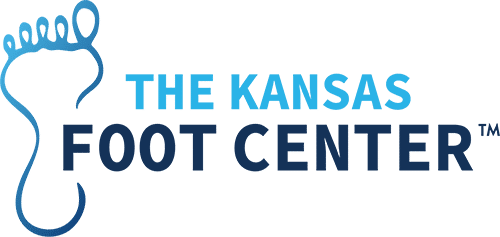Shockwave Therapy Can Help Shockers—and Their Fans
With the Shockers’ basketball season underway, plenty of fans are excited to be back to cheering Wichita State on the court. The whole team is doing their best for their fans, which not only means playing hard, but also doing whatever they can to protect against injuries. Something as simple as heel pain can be devastating to a player’s season, especially this early on. Heel pain can be stubborn and troublesome to treat, but one “shocking” treatment method can be a big help: shockwave therapy. This treatment isn’t just for athletes, either—fans can use it too, to help combat their own foot pain, particularly in the heels.
Heel pain from plantar fasciitis or Achilles tendinitis can be pretty excruciating. Standing or walking on the injured foot puts pressure on the damaged tissues. These conditions tend to become chronic without treatment, which is just as bad for fans as it is for athletes. Eventually the pain can interrupt your life and favorite activities. Simply being on your feet is uncomfortable. Shockwave therapy is an alternative conservative treatment to address these problems when other options haven’t been effective.
Shockwave therapy is a noninvasive method to treat painful soft tissue issues, including various types of heel pain. The procedure uses waves of energy to stimulate natural healing in damaged tissues. This speeds up your recovery process and helps your body repair the damage, all with relatively low risks, even when other methods haven’t worked well. It could even help prevent surgery down the line.
Whether you’re a Shocker on the court or in the stands, if you have heel pain, you shouldn’t let it ruin your season. Giving your feet their own “shock” may be what you need to stimulate that healing and get your heels back to their healthy, normal selves. If you’re struggling with stubborn lower limb pain, let our team at The Kansas Foot Center see if shockwave therapy would be best for you. Contact our Wichita office today for more information or a consultation by calling (866) 222-5177. You can also reach out to us through our online contact forms.
